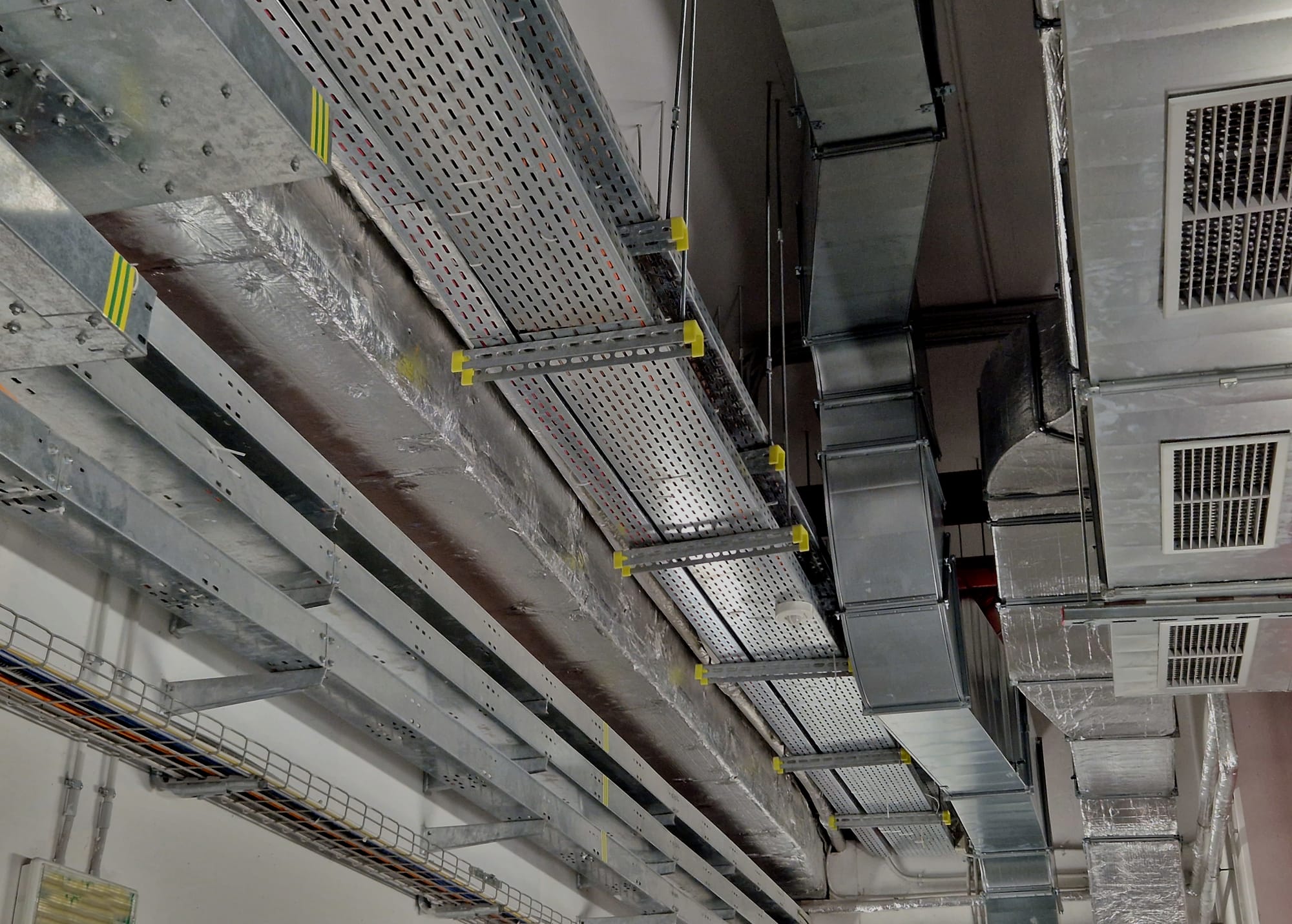
Electrical System Planning in BIM: Precision, Safety, and Efficiency
Electrical system planning is a critical component of every construction project, and utilizing BIM (Building Information Modeling) elevates this process to new heights of precision and efficiency. B.S.E System Coordination Ltd. harnesses BIM’s advantages to design advanced electrical systems for private homes, office buildings, industrial factories, and public infrastructure. This article details why BIM-based electrical planning is essential, how it enhances project quality, and the benefits it offers to clients and users.
The Role of BIM in Electrical System Planning
BIM is an intelligent 3D tool that integrates all building systems into a comprehensive plan. Electrical planning in BIM involves designing infrastructure, calculating loads, positioning panels, and mapping cable routes, coordinated with systems like plumbing and HVAC. B.S.E System Coordination Ltd. employs BIM to create tailored electrical systems, ensuring high precision and advanced analysis of all components within the structure.
Ensuring User Safety with BIM
Safety is the top priority in electrical planning, and BIM significantly enhances it. The software identifies clashes between electrical systems and other structural elements—like beams or pipes—during the design phase. B.S.E System Coordination Ltd. prevents issues such as short circuits or fires through precise BIM planning, adhering to strict standards like Israel’s 61439 for panels, ensuring buildings remain safe for long-term use without risks to occupants.
Regulatory Compliance and Coordination
BIM electrical planning ensures full compliance with Israeli electrical regulations and international standards like IEC. The 3D model facilitates accurate load calculations and early integration of regulatory requirements. B.S.E System Coordination Ltd. produces detailed plans that streamline approvals from power companies and local authorities, reducing delays and ensuring smooth, legally compliant project progression.
Economic and Energy Savings with BIM
BIM electrical planning saves costs in both the short and long term. The model optimizes infrastructure, selecting precisely sized cables and equipment to minimize waste. B.S.E System Coordination Ltd. incorporates efficient solutions like smart lighting and energy management systems, cutting power usage and client bills. Early problem detection prevents expensive construction-phase repairs.
Tailored to Client Needs
Every project demands a unique electrical system, and BIM ensures perfect customization. B.S.E System Coordination Ltd. uses BIM to design systems matching each building’s purpose—from basic residential needs to heavy industrial loads. The 3D model supports future adaptability, like adding outlets or smart systems, maintaining efficiency and precision.
Preventing Clashes and Failures
A key BIM advantage is early clash detection. For instance, it identifies conflicts between electrical cables and water pipes or HVAC ducts, resolving them pre-construction. B.S.E System Coordination Ltd. avoids delays and errors by precisely coordinating electrical systems with other infrastructure, saving time and resources.
Supporting Advanced Technologies
BIM enables planning for future technologies like smart homes, EV charging stations, and solar energy systems. B.S.E System Coordination Ltd. integrates advanced infrastructure—such as solar panel connections or smart controls—into the 3D model, preparing buildings for upgrades without costly post-construction changes.
Enhancing Operational Efficiency
BIM-planned electrical systems boost building efficiency. Accurate load calculations and circuit designs prevent outages or overloads. B.S.E System Coordination Ltd. ensures reliable power supply with backup generators and smart systems, enhancing user experience, especially in industrial or commercial settings where downtime is costly.
Professional BIM Planning
BIM electrical planning requires expertise and advanced tools. B.S.E System Coordination Ltd. uses software like Revit BIM for detailed plans, including wiring diagrams, load calculations, and precise component placement. This reduces failure risks and ensures optimal performance over time.
Environmental Resilience
Environmental factors like humidity, heavy rain, or extreme temperatures can affect electrical systems. BIM accounts for these, ensuring durability. B.S.E System Coordination Ltd. designs weatherproof systems—like sealed panels or underground cables—maintaining reliability in challenging conditions.
The Value of Early BIM Planning
BIM electrical planning must occur early to maximize benefits, coordinating seamlessly with systems like drainage or structural elements. B.S.E System Coordination Ltd. emphasizes this approach to minimize costly execution-phase changes, embedding electrical infrastructure efficiently into the building.
Conclusion – BIM as the Key to Success
BIM electrical planning is vital for construction success, ensuring safety, cost savings, future-readiness, operational efficiency, and environmental protection. B.S.E System Coordination Ltd. offers expert BIM services, blending experience, technology, and tailored solutions. Contact us today to ensure your project is safe, efficient, and future-proof with smart BIM electrical planning.


